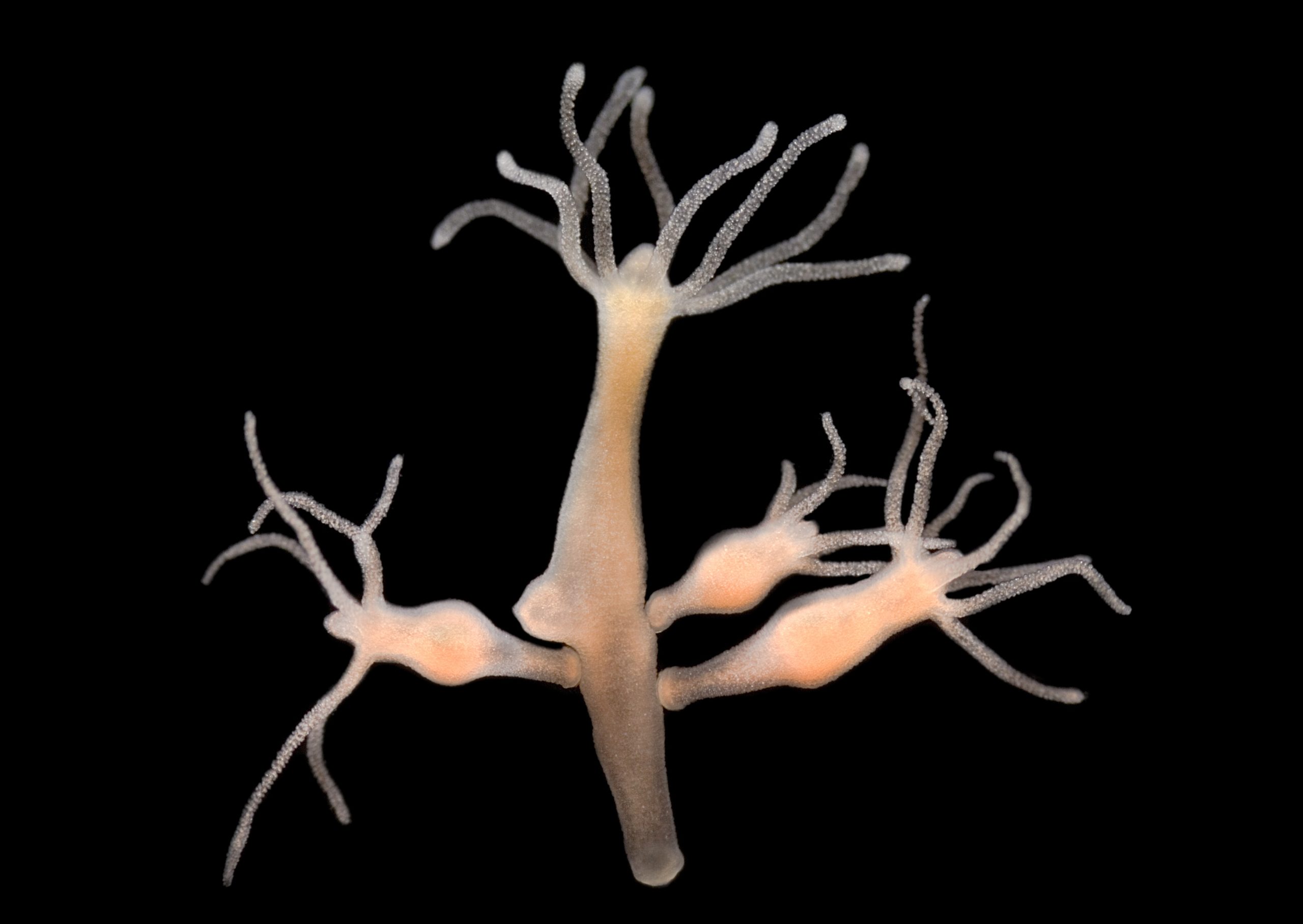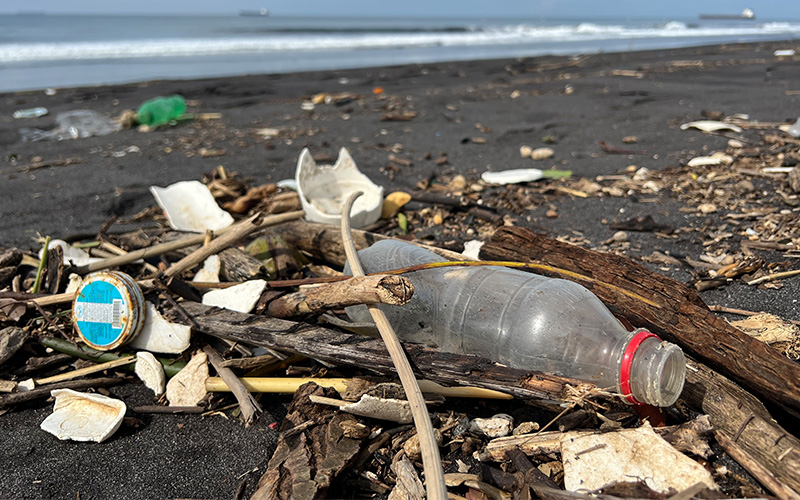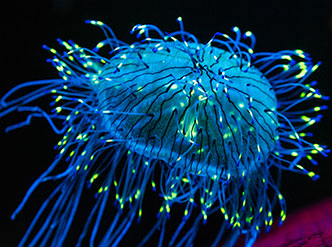
A map of the stars
From notebook sketches to space-telescope data: explore how mapping starlight using the Herzsprung-Russell (H-R) diagram helps us trace the life stories of stars across the universe.

Article of the week
In Arctic regions, landscapes are changing fast. This has profound effects on their biological systems, but how are communities and their traditional lifestyles affected?
Read more
From notebook sketches to space-telescope data: explore how mapping starlight using the Herzsprung-Russell (H-R) diagram helps us trace the life stories of stars across the universe.

Amazing Hydra: A spineless creature with astounding regenerative properties that can adapt to changing environments.

Turn a beach visit into a science adventure! Explore the animals, plants, shells, and even litter stranded on the beach to reveal the secrets of marine life and ocean dynamics.
We cover a wide range of scientific topics and many articles are additionally available as translations in different European languages.

Explore cutting-edge science and real-world applications.

Discover projects, people, and resources.

Find ideas and teaching materials for classroom activities.
Articles from previous issues

Brighten up your chemistry lessons by looking at…

Do you ever get frustrated with that mess of cables connecting your DVD player to your satellite dish, TV and video recorder? Did you know that you…

We sit on them, wear them and cook with them: plastics are everywhere. Yet this very versatility makes it difficult to produce and dispose of…
Discover free events and activities offered by the EIROforum members and other non-profit groups.

EMBL invites STEM educators to join a free in-person course “Epigenetics explained” in Heidelberg, Germany, 2-4 March 2026. Course offers: scientific talks, training on new teaching resource & more. Applications open until 11 January 2026, 23:00 CET.

July 8th- 10th, St Pauls School, London I hope you have enjoyed the microscale chemistry articles that Adrian Allan and I presented in issues, 53, 54,57, 60, 65, and 69. If you are teaching chemistry do have a look at them. Other authors have also submitted ideas in issues 16 and 39. It is a…
Do you have an engaging classroom activity to share with other teachers? Is there an interesting scientific topic that you could explain to STEM teachers and their students? We welcome submissions from teachers and scientists.
Would you like to help ensure that our content is interesting, inspiring and useful to STEM teachers? Consider joining the Science in School teacher reviewer panel. There is no obligation; just send us an email to express your interest.
If you find an article interesting or useful, perhaps you'd consider translating it into your native language? This really helps to increase the reach of our content so that as many teachers as possible can benefit from it.